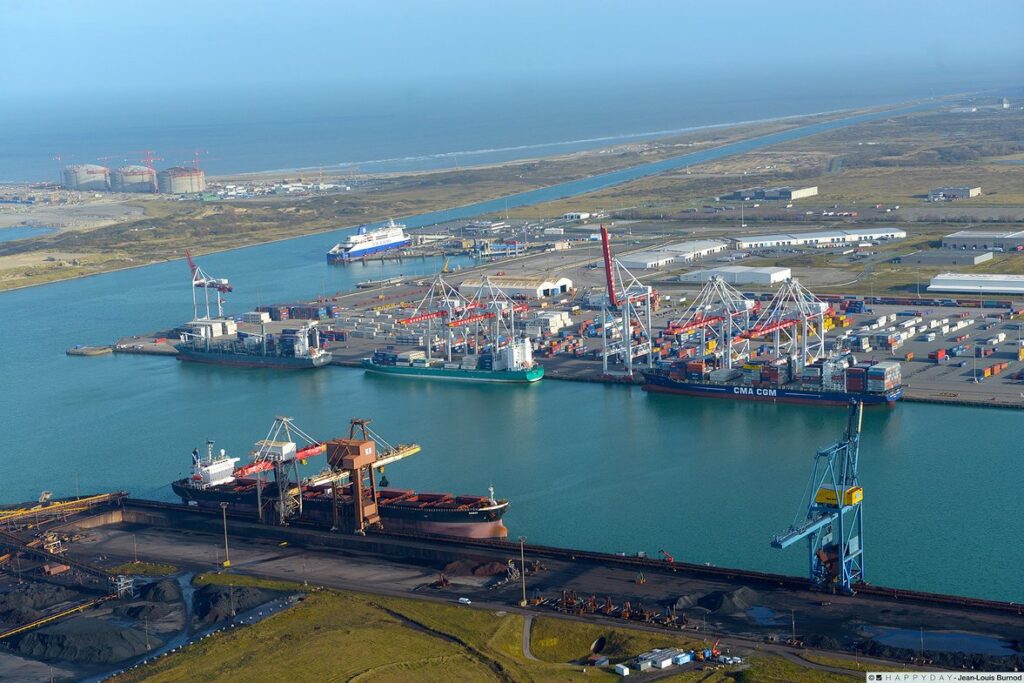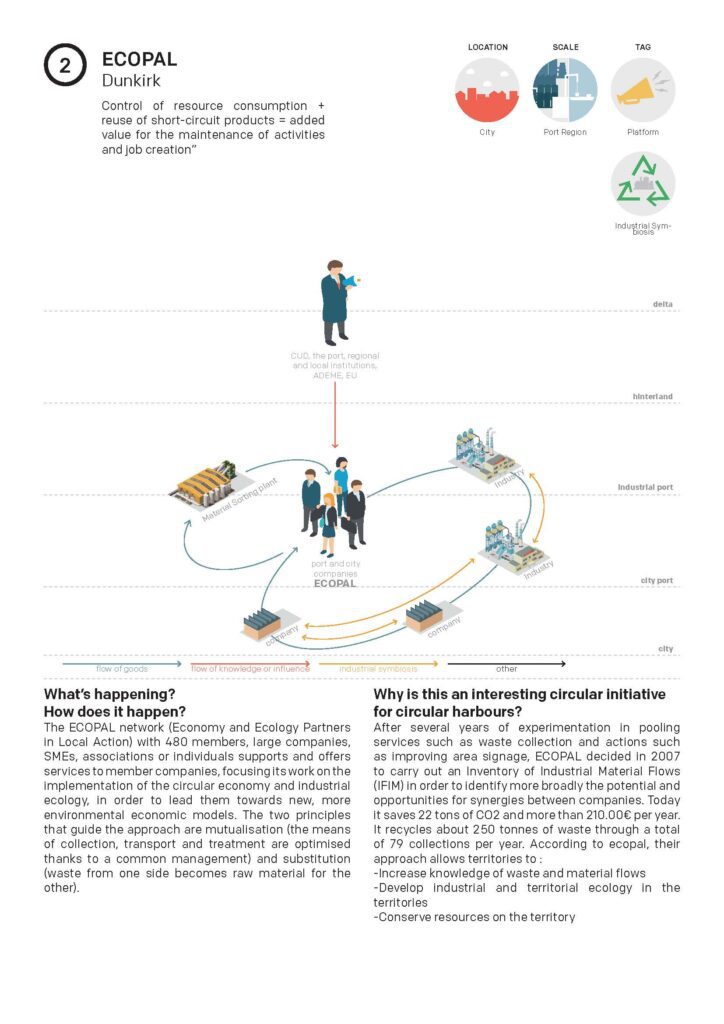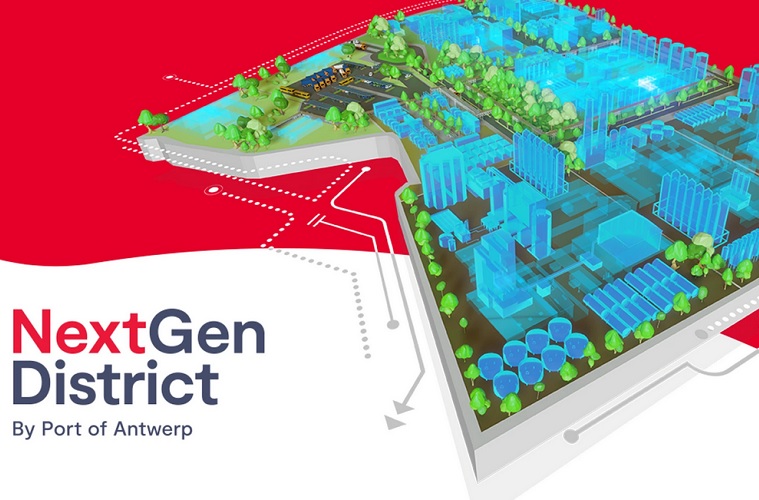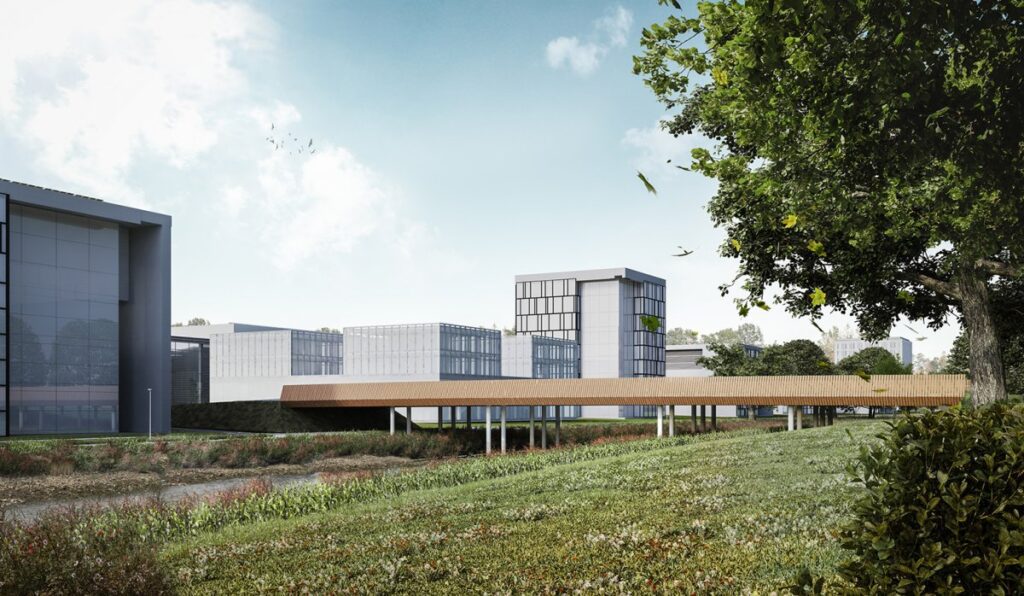Guides companies towards environmental economic models inspired by the circular economy and industrial ecology
Control of resource consumption + reuse of short-circuit products = added value for the maintenance of activities and job creation.
What’s happening? How does it happen?
The ECOPAL network (Economy and Ecology Partners in Local Action) includes 480 members, large companies, SMEs, associations or individuals. It supports and offers services to member companies to guide them towards new, more environmental economic models inspired by the circular economy and industrial ecology. The two principles that guide their work are mutualization (optimize the means of collection, transport, and treatment thanks to joint management) and substitution (waste from one customer becomes the raw material for the other customer).
Why is this an interesting circular initiative for ports?
After several years of experimentation with pooling services such as waste collection and other services like improving area signage, ECOPAL decided in 2007 to carry out an Inventory of Industrial Material Flows (IFIM) to identify more broadly the potential and opportunities for synergies between companies. Today it saves 22 tons of CO2 and more than 210.000€ per year. It recycles about 250 tonnes of waste through a total of 79 collections per year. According to ECOPAL, their approach allows companies to:
- Increase knowledge of waste and material flows
- Apply industrial and territorial ecology
- Preserve the resources that are present within those companies and territories
What is the relation with the port and water?
The industrial actors are at the origin of this approach. The port as an industrial area where many of the companies attached to ECOPAL are located plays a dominant role in the association.
What is the relation with the city?
Ecopal aims at large port industrialists as well as small and medium-sized companies located in nearby towns or even unipersonal light manufacturing companies.
What are the ambitions?
With numerous mutualisation and substitution synergies, Ecopal is now a reference for French industrial ecology projects. Since 2014, the association has been involved in four new projects: the recovery of “refractories” identified in the region (e. g. bricks); the recovery of local fibrous materials for the benefit of local industries; the experimentation of local recovery of printing cartridges by the Combini consortium (15 manufacturers); and the expansion of the number of participating companies as to diversify the flows and possibilities for synergy.
Who is behind it?
Ecopal was created in 2001, following a preliminary study conducted in 1999 in Grande-Synthe to determine the interest of applying the principles to the industrial ecology. It became one of the first industrial ecology associations to appear in France and a pioneer in the field. Even though Ecopal is a non-profit association created by and for companies in the Dunkirk basin, it receives financial support from public partners




